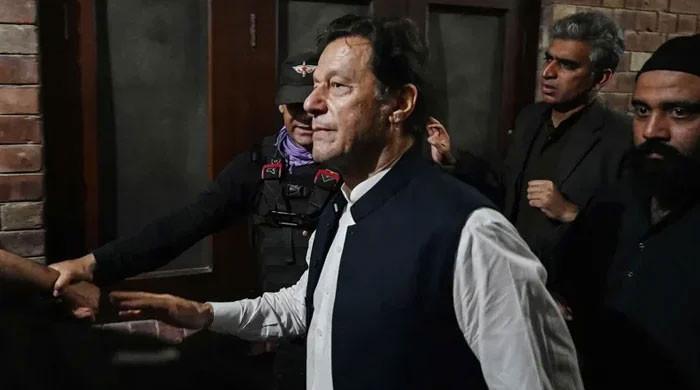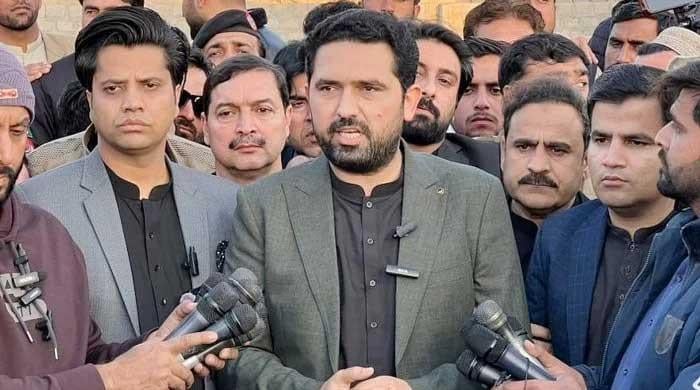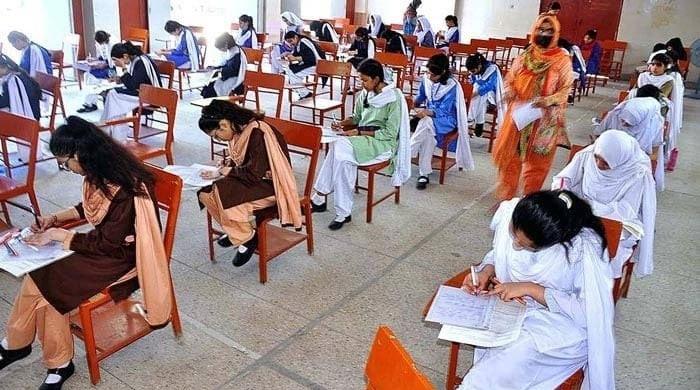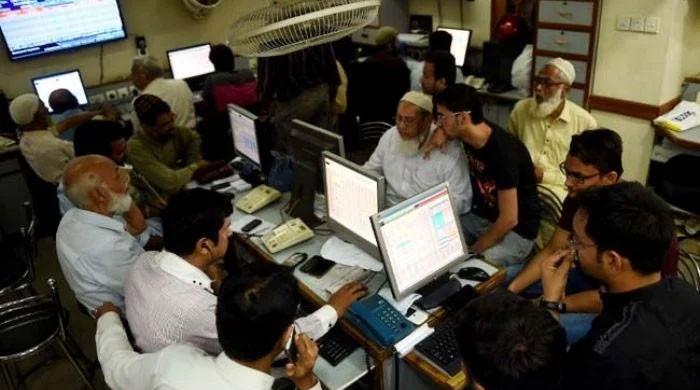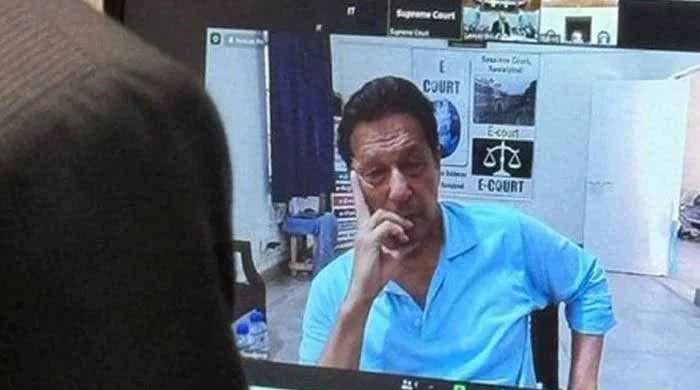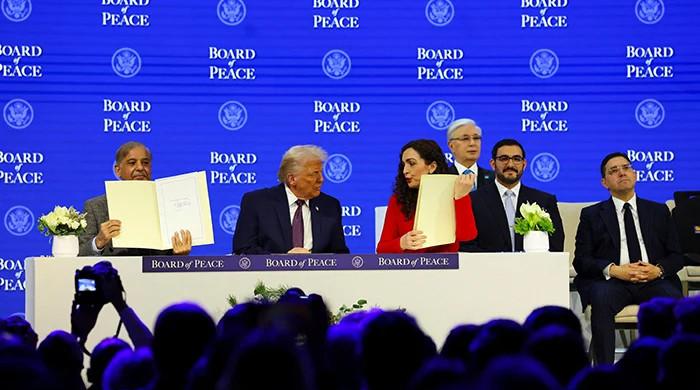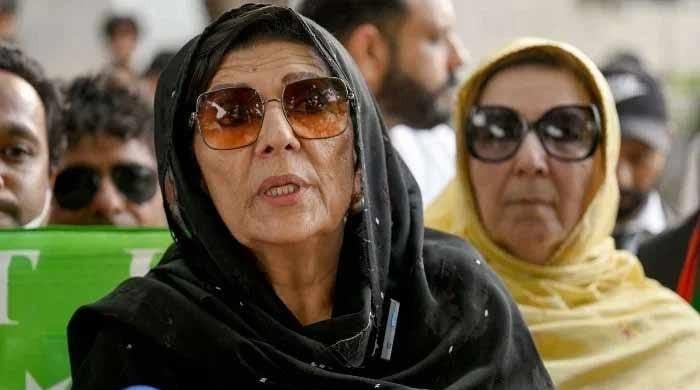Former NSA warns India may attempt fresh missile strike
Lt Gen (retd) Janjua says New Delhi aware Pakistan can effectively counter malicious design with missile technology
October 06, 2025
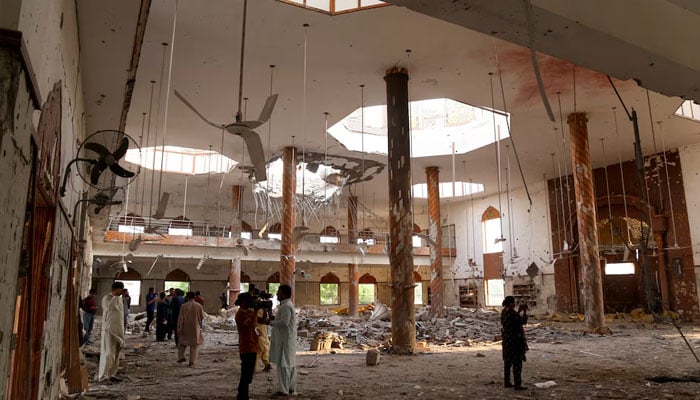
- Former NSA urges continuous vigilance, strategic readiness.
- Janjua says India's political climate creates possibility of strike
- PAF remains unmatched in the region, says former Air Marshal.
LAHORE: Former National Security Adviser Lt Gen (retd) Nasser Khan Janjua has said that India could once again attempt a missile strike against Pakistan, emphasising the importance of continuous vigilance and preparedness.
Speaking at a seminar titled "Pakistan’s Recent Diplomatic Successes, Future Prospects, and Evolving Defence Strategy" at a local hotel in Lahore, the former adviser maintained that India’s internal political situation makes the likelihood of renewed aggression possible, The News reported.
"New Delhi knows Pakistan has state-of-the-art missile technology and can effectively counter any malicious designs," he observed, adding that "Pakistan, as the only Islamic nuclear power, will always remain a thorn in the enemy’s side."
The former adviser, known for his insight on South Asian security affairs, said Pakistan’s standing had risen after recent defence achievements while India had become diplomatically isolated.
He also accused the United States of "dismantling Muslim leadership" across Iraq, Libya, Egypt, and Syria, declaring that Pakistan now represented the "last standing Islamic nuclear power of the Muslim Ummah.”
Meanwhile, former Air Marshal (retd) Sajid Habib asserted that the Pakistan Air Force remained unmatched in the region. “If India dares another attack, we will bring down seventy of its aircraft, not seven,” he said, praising the professionalism displayed during Operation Bunyanum Marsoos.
Former Rear Admiral (retd) N A Rizvi cautioned that Pakistan would continue to face serious threats until Gwadar Port became fully operational. “Our naval defence capability is strong enough to deter any adversary, but Gwadar’s activation is vital for strategic depth,” he remarked, adding that Pakistan could “rise once again among nations” if guided by wise leadership.
Foreign-policy analyst Muhammad Mahdi called Pakistan’s balanced relations with China and the United States a diplomatic success but stressed that “capacity building is urgently needed.”
He lamented that no substantial foreign investment had yet arrived and urged institutional strengthening — particularly within the Foreign Office — to cope with evolving regional challenges.
Dr Naveed Elahi said the Tehreek-e-Taliban Pakistan (TTP) was not merely a domestic threat but a global one. Noting that 60% of Pakistan’s population comprised youth, he termed overseas employment opportunities a “positive sign” for the country.
Major (retd) Nayyer Shehzad declared that “Allah Almighty made Pakistan victorious against India,” recalling that US President Donald Trump had “acknowledged Pakistan’s role dozens of times.”
Analyst Salman Ghani said the armed forces had “fulfilled their duty,” but warned that Pakistan’s political and economic sectors “still require deep structural reform.”
The speakers collectively emphasised that Pakistan’s security, diplomacy, and economy must advance in tandem. They urged the leadership to accelerate Gwadar’s completion, attract investment, and strengthen institutional capacity to safeguard the nation’s long-term strategic interests





